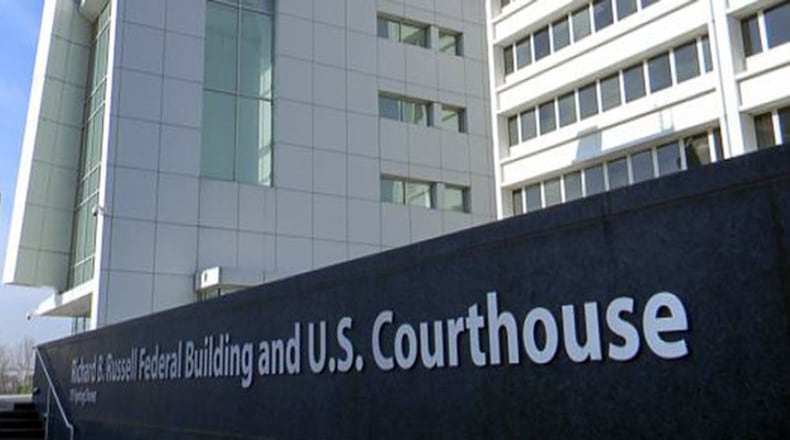A class action suit filed in Atlanta earlier this month says that the state’s child welfare agency is discriminating against undocumented children in its custody.
The lawsuit alleges the Georgia Division of Family and Children Services (DFCS) does not help undocumented children in foster care hire lawyers and apply for a type of immigration relief available to youth who were victims of abuse or neglect. If they don’t gain legal status by the time they turn 18, undocumented kids are cut off from the social safety net and become vulnerable to deportation. Filed in the federal Georgia Northern District Court, the complaint claims DFCS does retain legal counsel for children in custody to help them access other, non-immigration related benefits or services.
“We believe that is fundamentally unfair to [immigrant] children who are in state custody through no fault of their own,” said Tom Rawlings, one of three litigators who filed the suit. Rawlings previously served as the director of DFCS and the Georgia Office of the Child Advocate.
According to data from the Department of Human Services, three-quarters of those turning 18 in the Georgia foster care system elect to stay in foster care, something they are entitled to do if they have legal status. The cut-off age for extended foster care is 21.
To explain why they don’t help undocumented minors in their custody regularize their immigration status – in contradiction of official DFCS guidance – state authorities cite 2006′s Georgia Security and Immigration Compliance Act, according to the complaint.
The bill bars unauthorized immigrants from accessing state or local public aid, but only if they are over 18.
Kylie Harrod is the director of communications for Georgia’s Department of Human Services, the umbrella organization under which DFCS operates.
“We are working closely with the Attorney General’s Office to review the allegations in this litigation and prepare a strong defense,” she said in a statement. “At this time, we must respectfully decline to comment further on the merits of the lawsuit.”
Those bringing the class-action suit aren’t asking for damages, but for a policy reversal.
‘A double whammy’
S.C.G. was born in Guatemala and settled in the U.S. with his family as a child. Once in the country, S.C.G. was abused and abandoned by his parents. At 15, he entered the custody of DFCS’ Polk County office, after a juvenile court found it would not be in S.C.G.’s best interests to either be reunited with his parents in the U.S. or be sent back to Guatemala. S.C.G is one of the plaintiffs in this month’s class-action suit, and is only identified by his initials to protect his privacy. He is deaf and has been diagnosed with a developmental delay.
As a victim of abuse in the custody of a state agency, S.C.G. was eligible at 15 for a Special Immigrant Juvenile (SIJ) classification, a type of immigration status that allows recipients to immediately apply for permanent residency, or a green card.
Had state authorities taken that on, S.C.G. would have been set on a path to legal status, and could have stayed in foster care once he turned 18.
Instead, because he was still undocumented on his eighteenth birthday earlier this month, S.C.G. had to leave foster care, as mandated by Georgia law.
“Young people who leave foster care at age 18, and this applies to all young people, are much more likely to become homeless, to end up having food insecurity, to be unemployed and to be the victims of crime, including human trafficking,” Rawlings said.
For immigrants such as S.C.G., “it’s a double whammy, because not only do you have those risks, but you also have the risk that they could be deported.”
Rawlings and his co-counselors estimate there are around 50 individuals in Georgia in situations similar to S.C.G’s.
Melissa Carter is the director of the Barton Child Law and Policy Center at Emory University.
She says it is in the state’s interest to promote and protect the welfare of children who live here, regardless of immigration status, and help them become productive adults. But she questioned the effectiveness of a lawsuit against the state’s Department of Human Services in achieving better outcomes for children and youth who are undocumented, noting the federal government has a bigger ability to shape their lives.
“I think it’s unfortunate,” she said. “I think there’s a missed opportunity here to frame this in a way that could really shape a public conversation and narrative that would be more responsive to the problem.”
Lautaro Grinspan is a Report for America corps member covering metro Atlanta’s immigrant communities.
About the Author
Keep Reading
The Latest
Featured



